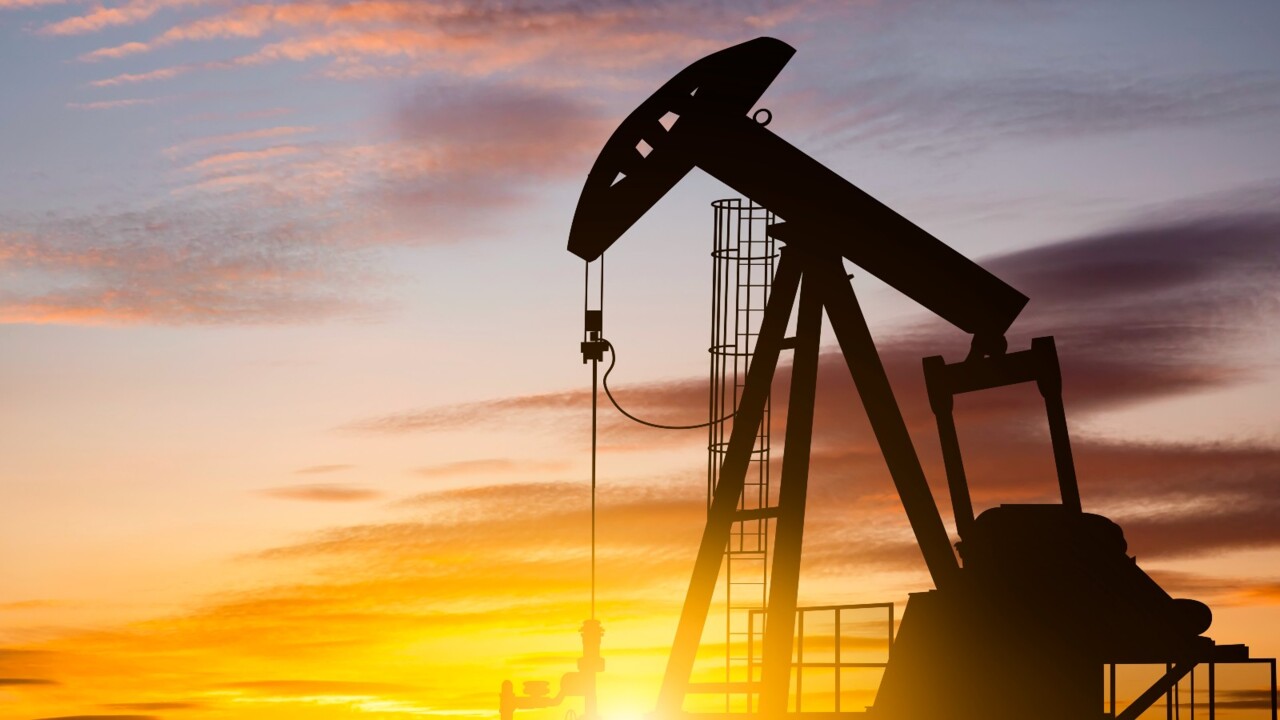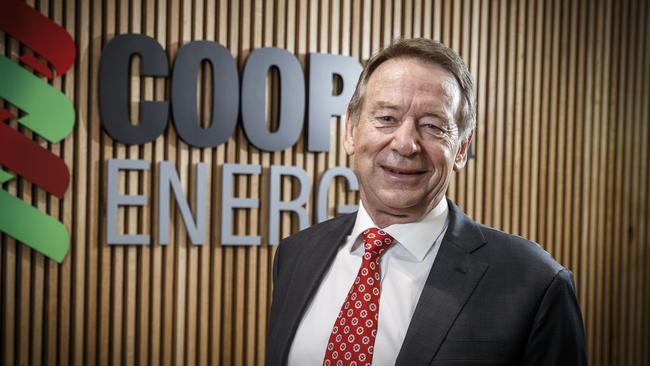Energy shares slump amid fears gas and coal price caps could be extended
Energy shares have slumped amid concerns the federal government’s controversial move to temporarily cap gas and coal prices would kill off investment.

Energy shares slumped on Monday amid concerns the federal government’s controversial move to temporarily cap gas and coal prices would kill off investment and could be extended if the global energy crisis persists.
Major producers scrambled to reassure investors following the announcement on Friday, while at the same time spelling out the risk to future gas supplies posed by the emergency measures.
In the short term, the earnings of major producers are not expected to take a major hit because most sell their gas and coal under long-term contracts, and are therefore sheltered from the temporary 12-month caps which will be in effect in 2023. However, the threat of an extension, and the risk of cuts to exploration and growth programs, made investors nervous on Monday.
Gas producers Origin Energy and Cooper Energy fell more than 7 per cent, Beach Energy closed 2.4 per cent lower, and coal miners Whitehaven and New Hope Corporation fell 2 per cent and 1.4 per cent respectively.
RBC Capital Markets analyst Gordon Ramsay believes Origin could be the worst affected of the Queensland producers, given the short-term nature of its Australia Pacific LNG supply contracts.
Otway Basin producer Cooper Energy is also at risk, Mr Ramsay wrote in a note to clients, as it negotiates a gas sales agreement with AGL Energy for its Otway Phase 3 Development project in the Victorian gas fields.
“In our view, this proposed legislation is negative for the entire east coast gas production industry, and has potential to restrict future exploration and development activity,” he said.
“Cooper Energy, as a pure east coast gas play, is possibly most affected in terms of the producers, and Origin is most affected in terms of the Queensland LNG projects … If the gas price cap is extended, we think Cooper may be forced to review its drilling program and go ahead of (Otway).
“In addition, AGL could also possibly request a review of the gas contract pricing.”

Labor plans to cap domestic wholesale gas prices at $12 per gigajoule during 2023, while the price of thermal coal would also be capped in the east coast market at $125 a tonne.
There are fears the government’s intervention could scupper a $18.4bn takeover bid for Origin from Brookfield and US investment giant EIG Partners.
“We think this new legislation has potential to possibly trigger a material adverse change clause in the Brookfield and EIG $9 a share bid for Origin Energy,” Mr Ramsay said. “Under a price cap scenario, Origin would get lower pricing for its APLNG domestic gas sales volumes. This is mainly because of the short-term nature of its APLNG domestic gas supply contracts.”
Analysts also believe there’s a real risk the government will extend the price caps if the global squeeze on gas supplies lingers deep into next year.
Jarden says the earnings impact on local producers will be manageable if the cap is removed at the end of next year, but fears an extension into 2024 and beyond. “The 12-month duration has an implicit assumption that the dynamics behind the recent surge in coal and gas prices (i.e. Russia’s invasion of Ukraine) will be resolved in 2023,” Jarden analysts wrote in a note.
“Our view is that there is a lot of hope in this assessment; if Russian gas supplies are not restored to Europe next year, the (European Union) may struggle to restock gas storage before next year’s winter and will be competing with Asia for LNG cargoes.
“We see a high probability the gas cap will be extended beyond 12 months, which would lead to an even larger impact on future gas supplies and an even bigger reliance on Queensland LNG producers to balance the market.
“We note that a two-year price cap would end just before the next federal election, leading to an increased risk of another extension. The longer a price cap remains in place, the more damage will be done to supplies and the harder it will be to unwind.”
On Monday, Cooper Energy, which produces gas exclusively for the domestic market, confirmed the cap would not apply to its 2023 sales, given 85 per cent of its production would be sold under long-term contracts, and the rest sold into Victorian and Sydney spot markets specifically excluded from the proposed cap.

But the company said the government’s proposal “undermines the incentive to explore and develop incremental gas at the very time it is most needed”.
“The government’s proposed intervention will create significant additional uncertainty and constraints on the gas exploration and production industry,” Cooper said in a statement. “This intervention is a significant disincentive for companies to explore and pursue new supply.
“Therefore, it is imperative that the price cap be restricted to 2023 only and that the mandatory code of conduct be very explicit in its support for market pricing not only to remove any uncertainty, but actively encourage gas exploration and development.”
Beach Energy chief executive Morne Engelbrecht said the “reasonable price” provision would cause “irreparable damage to the investment environment” for exploration and development, and would put upward pressure on future prices in Australia.
“This unprecedented move goes well beyond the temporary price cap, which itself will damage the investment environment in Australia, leading to more gas shortages and higher power prices in the long term,” he said. “How can the government expect to impose a regulated price on gas exploration and development where significant upfront capital investment, exploration success risk and the multi-decade nature of projects are par for the course?”
Resources analyst Gavin Wendt from Mine Life said major producers were likely to defer investment in new gas supplies until there was more certainty around the duration of the price cap and the level of future government intervention in local energy markets.
“The resource sector is a lot riskier these days than it was in the past. No matter where you go in the world ESG has made developing projects a lot harder and a lot more costly,” he said.
“And so anything that tips the scales one way or the other will have a have an impact on how resource companies are thinking and how they deploy assets.
“If there’s any uncertainty at all, if there’s the prospect of a super profits tax or price cap or whatever it might be, it just makes it so much easier for resource companies to say we’ll just put that potential expansion on hold until we can get greater clarity.”





To join the conversation, please log in. Don't have an account? Register
Join the conversation, you are commenting as Logout